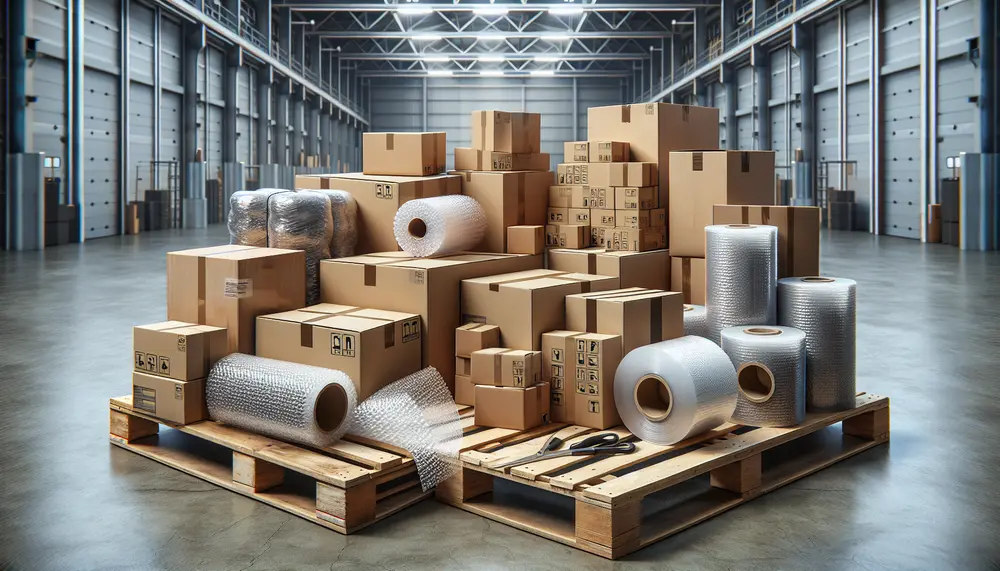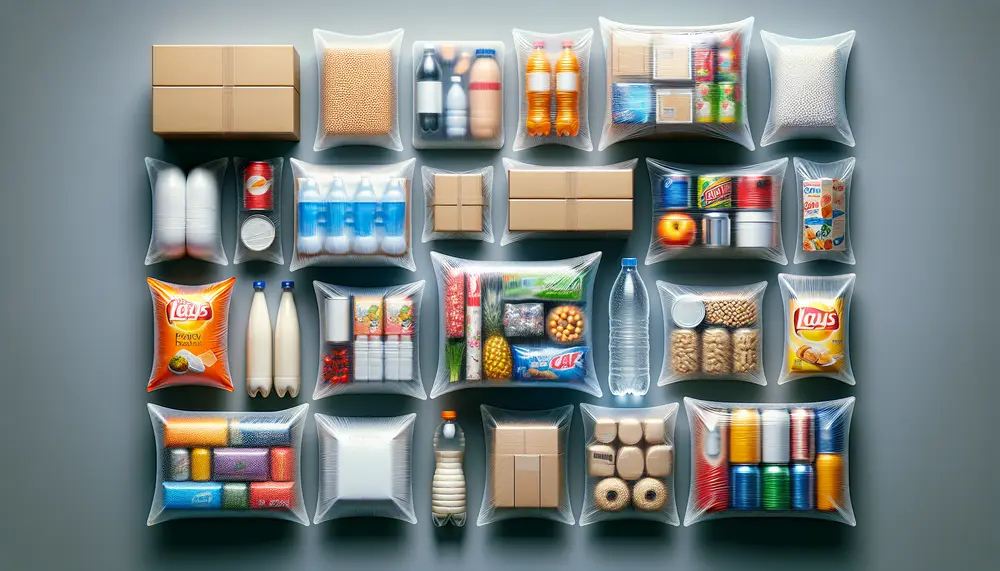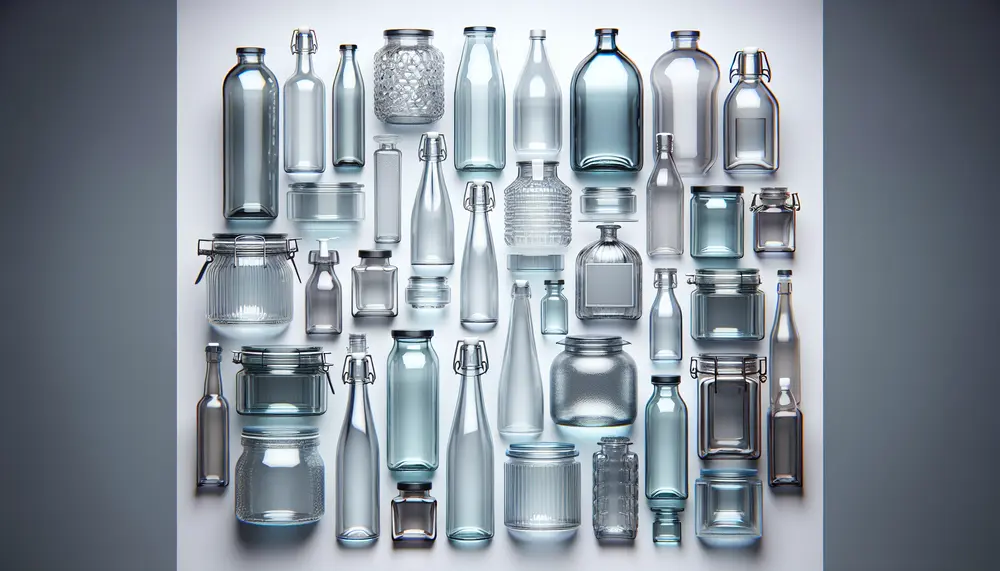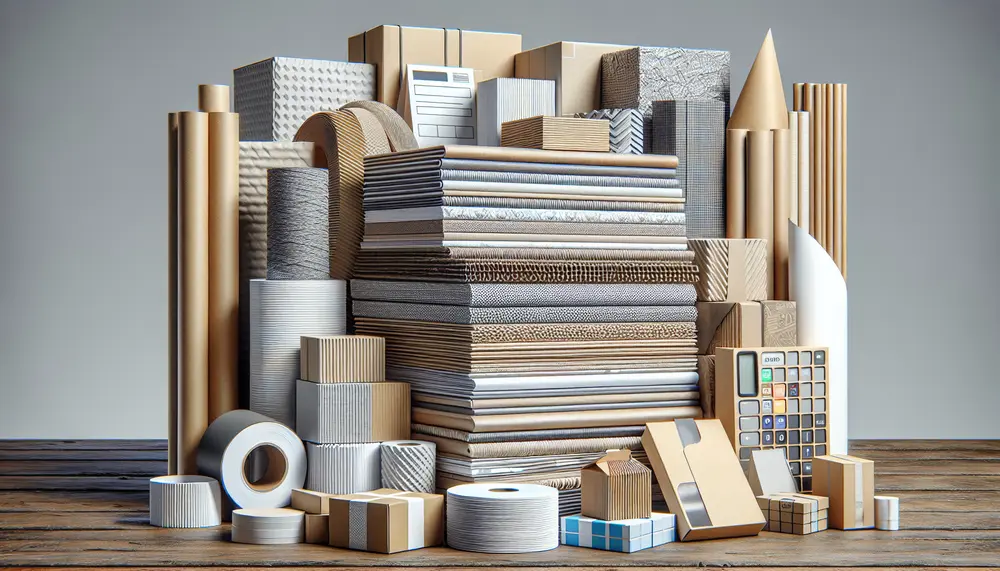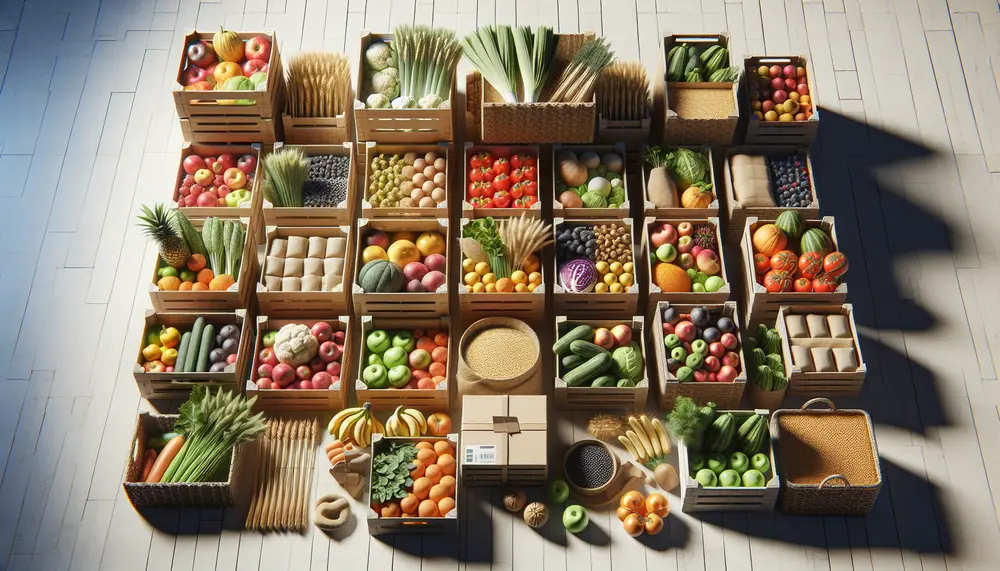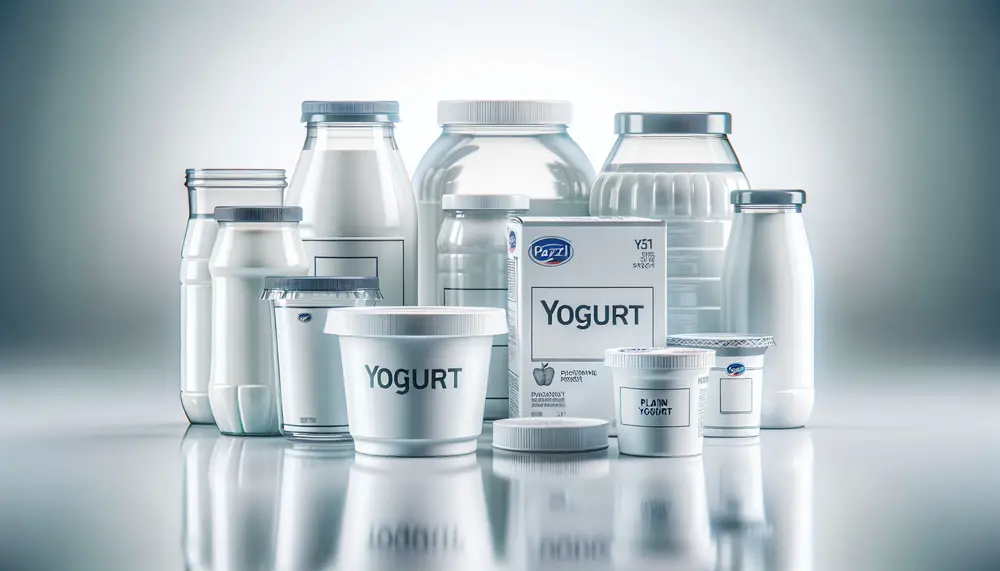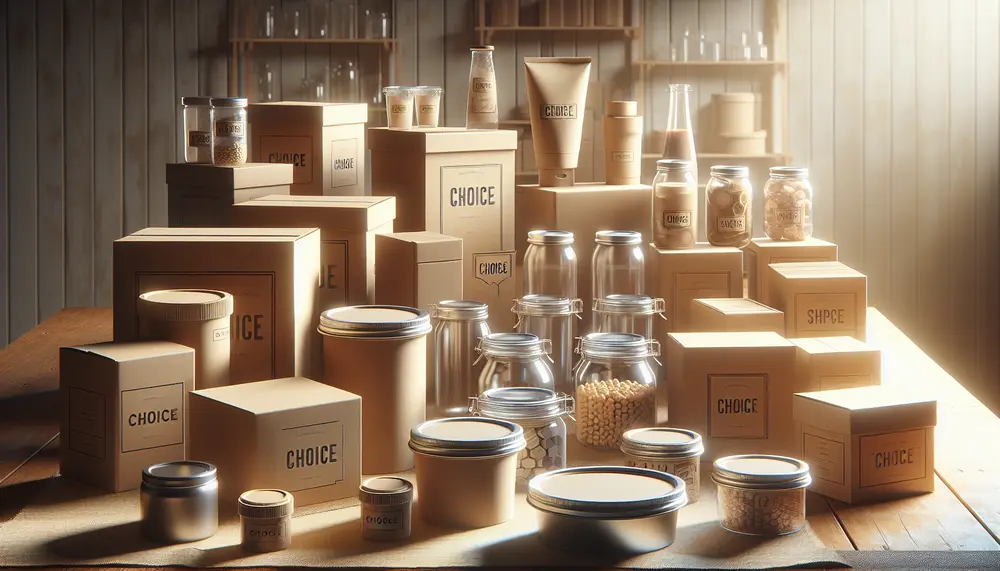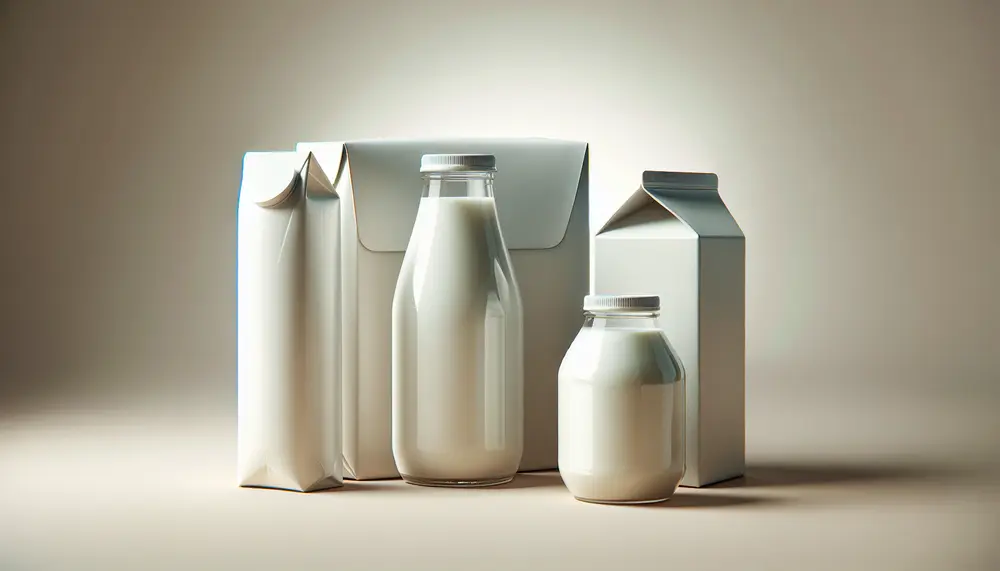Posts on the Topic Material and Technology
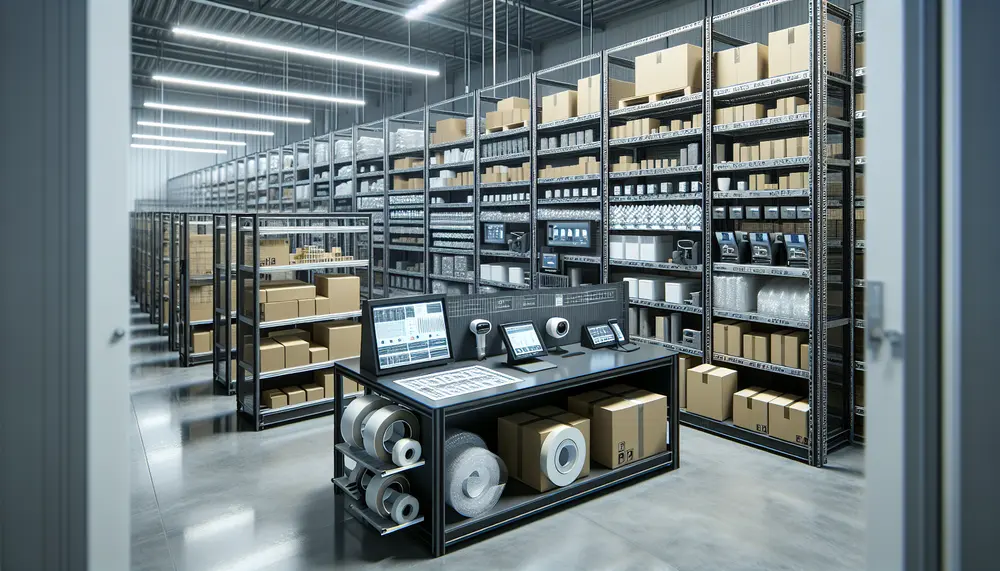
IT tech packaging solutions enhance the efficiency and compliance of packaging operations through digital tools, requiring a strategic approach for effective integration. These technologies optimize design, production, tracking, and management to keep businesses competitive. The role of IT in modern packaging...
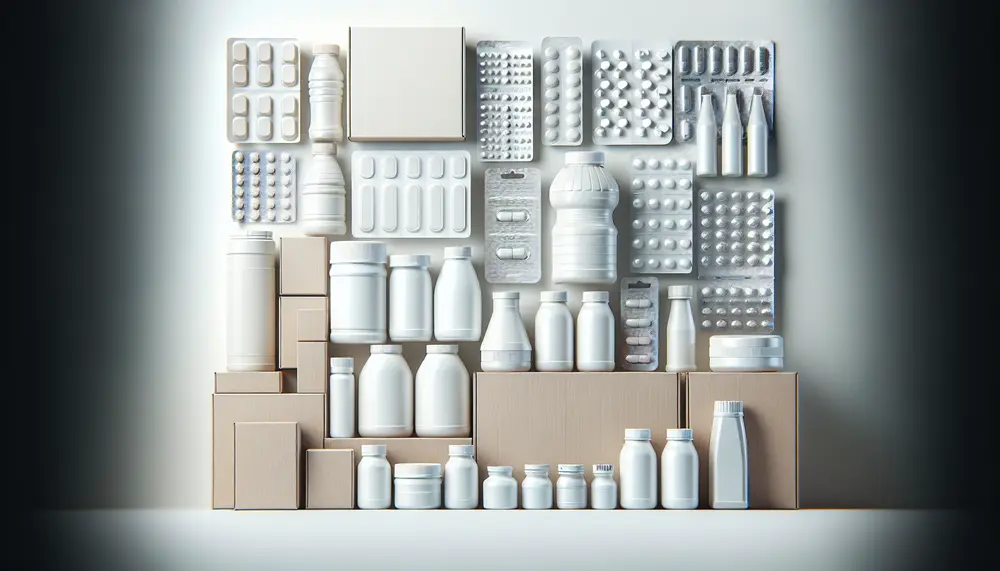
Pharmaceutical packaging is crucial for drug integrity and safety, balancing protection with patient convenience and regulatory compliance. Various materials like glass, plastics, aluminum foil, and biodegradable options are used to meet diverse needs in preserving quality while ensuring sustainability....
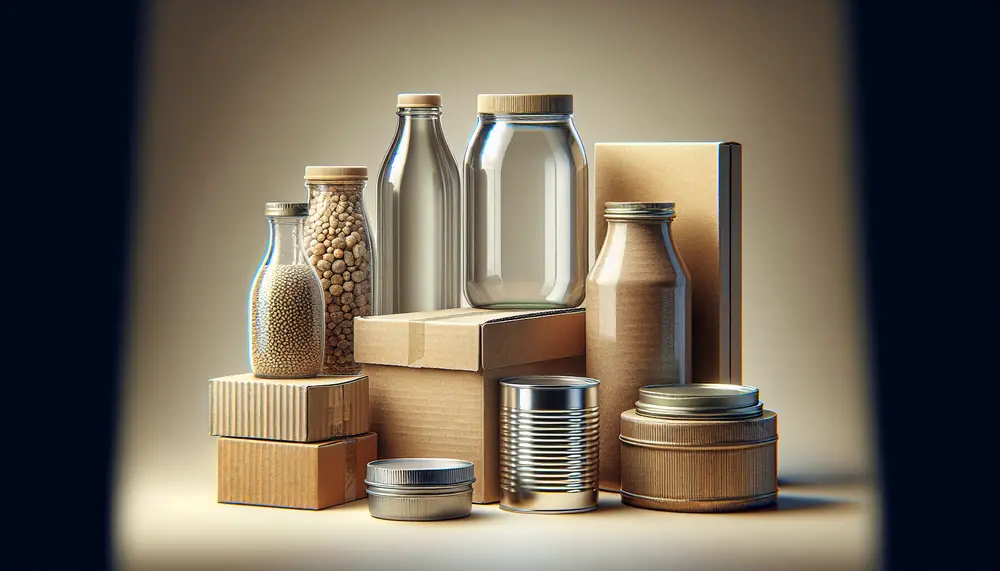
Food packaging materials are crucial for protecting food quality and safety, providing consumer information, and ensuring regulatory compliance. The choice of material depends on factors like the type of food, shelf life requirements, storage conditions, and environmental impact. Plastic packaging solutions...
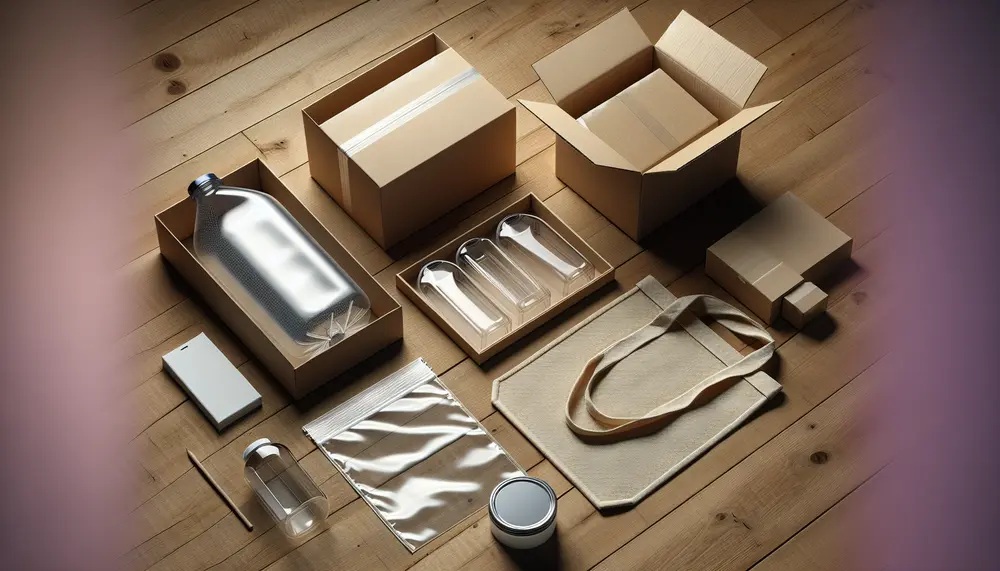
This guide explores various packaging materials, emphasizing the importance of choosing the right one for product protection, brand alignment, and environmental impact. It covers chipboard's versatility and sustainability, corrugated cardboard's strength and recyclability, paper substrates' adaptability for premium designs, plastic's...

Leaf-based packaging materials are ancient practices re-emerging for modern sustainability, utilizing plant leaves as biodegradable and renewable solutions with minimal environmental impact. They reduce carbon emissions compared to plastic production, decompose rapidly without toxic residues, and align with circular economy...
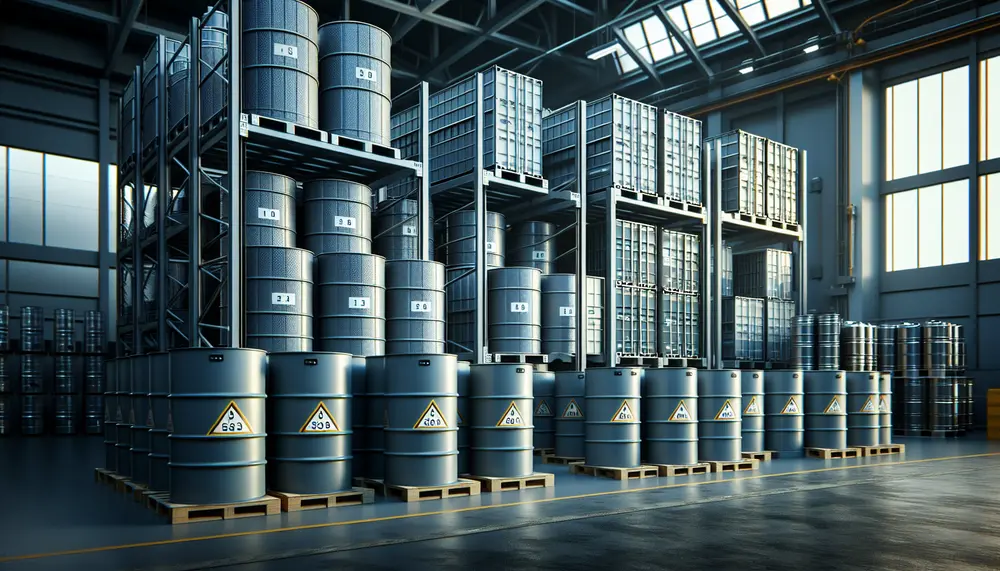
Hazardous materials (Hazmat) are substances that can endanger health, property, or the environment and require specific handling and packaging to mitigate risks during transport. Regulatory bodies enforce strict guidelines for Hazmat transportation; non-compliance can result in severe consequences. Different types of...
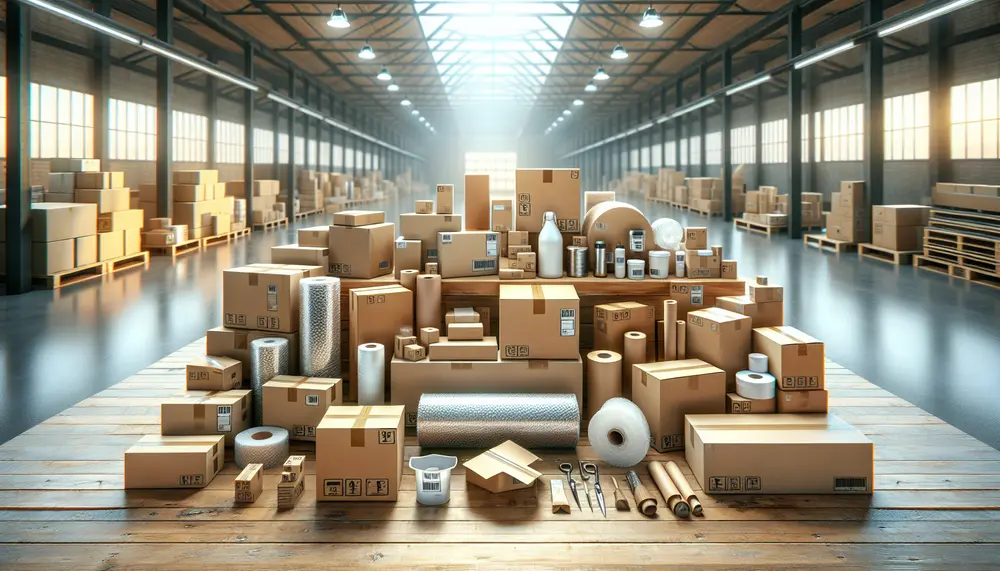
Packaging resources are crucial for product protection, quality preservation, consumer information, and branding; they include materials, design tools, services, and smart technologies. Businesses must tailor their packaging strategy to balance practicality with innovation by selecting appropriate materials and maintaining efficiency...
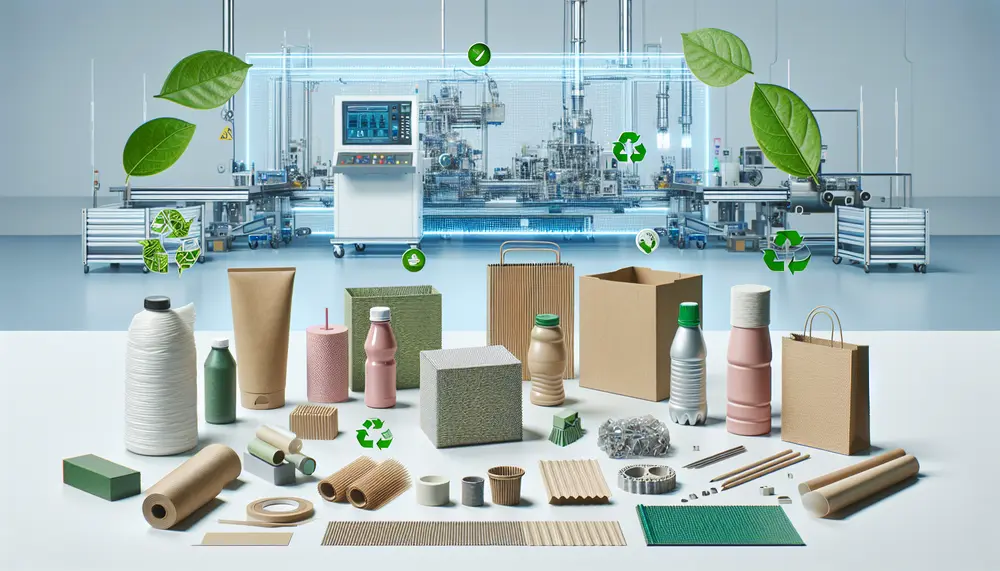
The packaging and technology revolution is transforming product protection, preservation, and presentation through intelligent systems, AR/VR experiences, digital printing for customization, with a focus on data security in smart packaging solutions. This intersection of fields offers innovation opportunities across industries. Technology's...
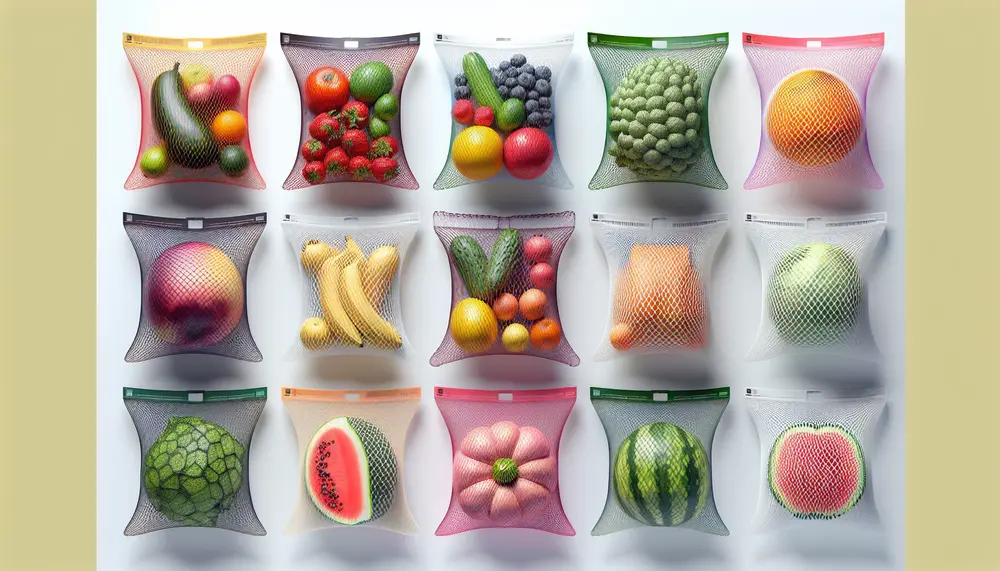
Packaging nets are crucial for protecting and transporting various products, offering benefits like airflow for perishables, visibility without opening the package, lightweight nature to reduce shipping costs, and environmental friendliness. They come in different types—extruded, knitted, woven, elastic—with specific characteristics...
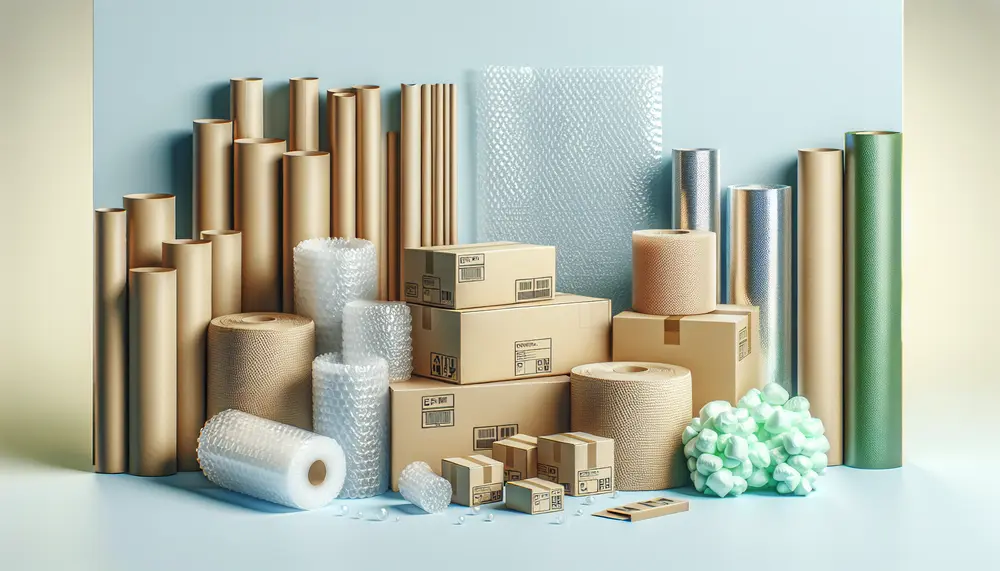
Product packaging is essential for protection, communication, and marketing; it must align with the product's physical needs and brand identity. Effective design balances visual appeal, functionality, user experience, and market demands to differentiate products. Choosing the right materials involves considering protection...
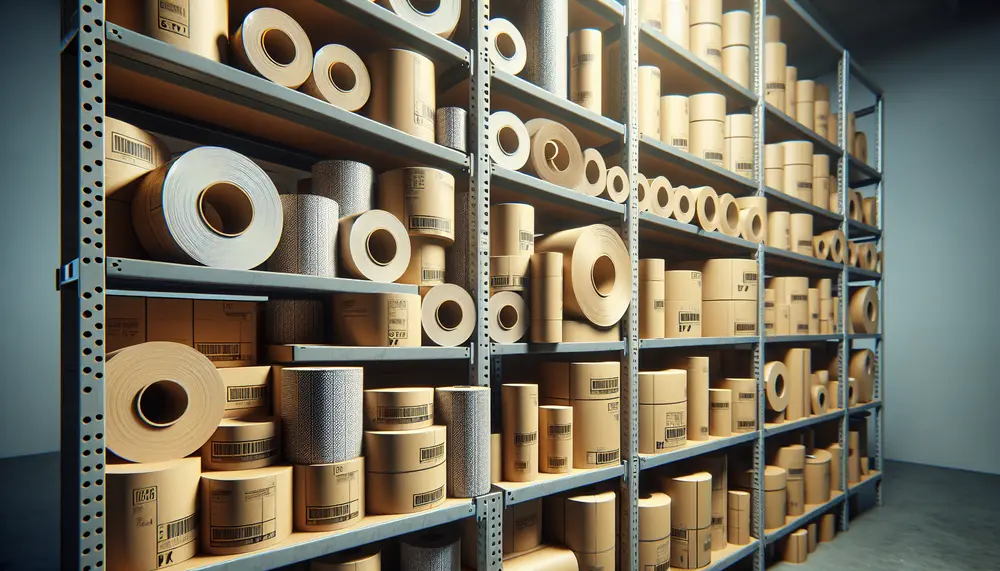
Packaging rolls are essential for product protection, efficiency, and cost reduction across various industries. They offer customizability to meet specific needs such as material strength and transparency. Different types of packaging rolls cater to unique industry requirements with materials like biodegradable...

IT tech packaging solutions enhance the efficiency and compliance of packaging operations through digital tools, requiring a strategic approach for effective integration. These technologies optimize design, production, tracking, and management to keep businesses competitive. The role of IT in modern packaging...

Pharmaceutical packaging is crucial for drug integrity and safety, balancing protection with patient convenience and regulatory compliance. Various materials like glass, plastics, aluminum foil, and biodegradable options are used to meet diverse needs in preserving quality while ensuring sustainability....

Packaging materials in supply chain management are crucial for product protection, efficiency, and sustainability. Strategic selection of primary, secondary, and tertiary packaging is essential to optimize costs, security, transportation, and environmental impact across complex global networks....

Food packaging materials are crucial for protecting food quality and safety, providing consumer information, and ensuring regulatory compliance. The choice of material depends on factors like the type of food, shelf life requirements, storage conditions, and environmental impact. Plastic packaging solutions...

This guide explores various packaging materials, emphasizing the importance of choosing the right one for product protection, brand alignment, and environmental impact. It covers chipboard's versatility and sustainability, corrugated cardboard's strength and recyclability, paper substrates' adaptability for premium designs, plastic's...

Leaf-based packaging materials are ancient practices re-emerging for modern sustainability, utilizing plant leaves as biodegradable and renewable solutions with minimal environmental impact. They reduce carbon emissions compared to plastic production, decompose rapidly without toxic residues, and align with circular economy...

Hazardous materials (Hazmat) are substances that can endanger health, property, or the environment and require specific handling and packaging to mitigate risks during transport. Regulatory bodies enforce strict guidelines for Hazmat transportation; non-compliance can result in severe consequences. Different types of...

Packaging resources are crucial for product protection, quality preservation, consumer information, and branding; they include materials, design tools, services, and smart technologies. Businesses must tailor their packaging strategy to balance practicality with innovation by selecting appropriate materials and maintaining efficiency...

The packaging and technology revolution is transforming product protection, preservation, and presentation through intelligent systems, AR/VR experiences, digital printing for customization, with a focus on data security in smart packaging solutions. This intersection of fields offers innovation opportunities across industries. Technology's...

Packaging nets are crucial for protecting and transporting various products, offering benefits like airflow for perishables, visibility without opening the package, lightweight nature to reduce shipping costs, and environmental friendliness. They come in different types—extruded, knitted, woven, elastic—with specific characteristics...

Product packaging is essential for protection, communication, and marketing; it must align with the product's physical needs and brand identity. Effective design balances visual appeal, functionality, user experience, and market demands to differentiate products. Choosing the right materials involves considering protection...

Packaging rolls are essential for product protection, efficiency, and cost reduction across various industries. They offer customizability to meet specific needs such as material strength and transparency. Different types of packaging rolls cater to unique industry requirements with materials like biodegradable...

